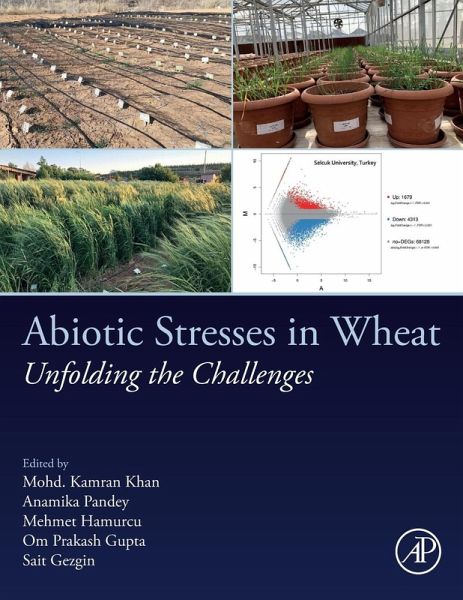
Abiotic Stresses in Wheat
Unfolding the Challenges
Herausgeber: Pandey, Anamika; Gezgin, Sait; Gupta, Om Prakash; Khan, Mohd. Kamran; Hamurcu, Mehmet

PAYBACK Punkte
98 °P sammeln!
Approx.434 pages

Unfolding the Challenges

Rechnungen
Bestellstatus
Retourenschein
Storno